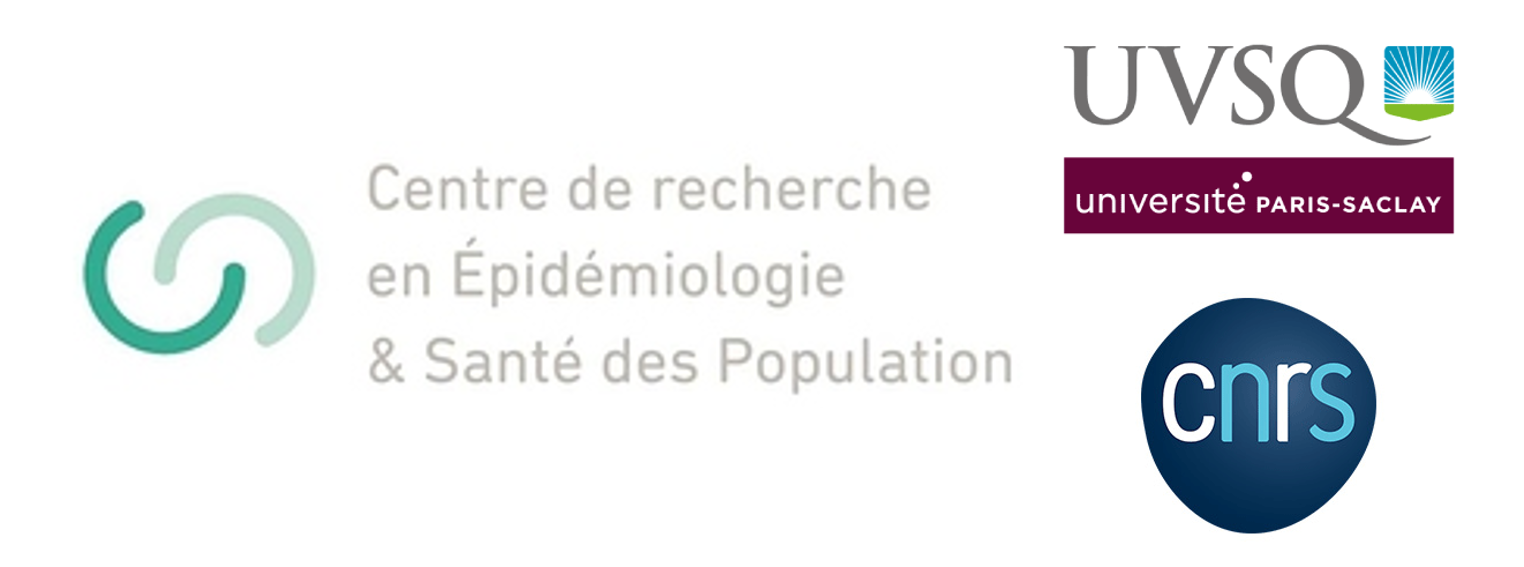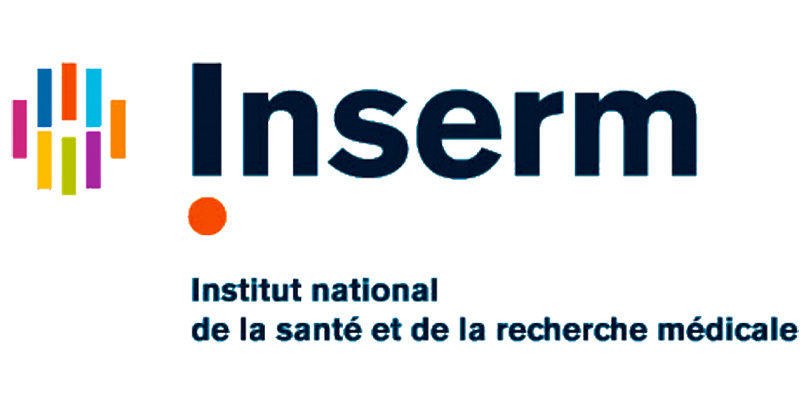Understanding and Overcoming Resistance to Selective FGFR inhibitors Across FGFR2-Driven Malignancies
Résumé
Understanding resistance to selective FGFR inhibitors is crucial to improve the clinical outcomes of patients with FGFR2-driven malignancies.
We analyzed sequential ctDNA, +/-WES or targeted NGS on tissue biopsies from patients with tumors harboring activating FGFR2 alterations progressing on pan-FGFR-selective inhibitors, collected in the prospective UNLOCK program. FGFR2::BICC1 Ba/F3 and patient-derived xenografts (PDX) models were used for functional studies.
Thirty-six patients were included. In cholangiocarcinoma, at resistance to both reversible inhibitors (e.g. pemigatinib, erdafitinib) and the irreversible inhibitor futibatinib, polyclonal FGFR2 kinase domain mutations were frequent (14/27 patients). Tumors other than cholangiocarcinoma shared the same mutated FGFR2 residues, but polyclonality was rare (1/9 patients). At resistance to reversible inhibitors, 14 residues in the FGFR2 kinase domain were mutated; after futibatinib, only the molecular brake N550 and the gatekeeper V565. Off-target alterations in PI3K/mTOR and MAPK pathways were found in 11 patients, often together with on-target mutations. At progression to a first FGFR inhibitor, 12 patients received futibatinib or lirafugratinib (irreversible inhibitors), with variable clinical outcomes depending on previous resistance mechanisms. Two patients with TSC1 or PIK3CA mutations benefitted from everolimus. In cell viability assays on Ba/F3 and in pharmacologic studies on PDX, irreversible inhibitors retained better activity against FGFR2 kinase domain mutations, with lirafugratinib active against the recalcitrant V565L/F/Y.
At progression to FGFR inhibitors, FGFR2-driven malignancies are characterized by high intraand inter-patient molecular heterogeneity, particularly in cholangiocarcinoma. Resistance to FGFR inhibitors can be overcome by sequential, molecularly-oriented treatment strategies across FGFR2driven tumors.
| Origine | Fichiers produits par l'(les) auteur(s) |
|---|


